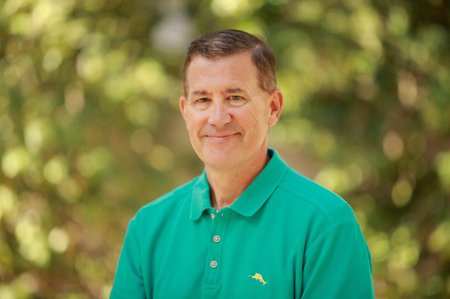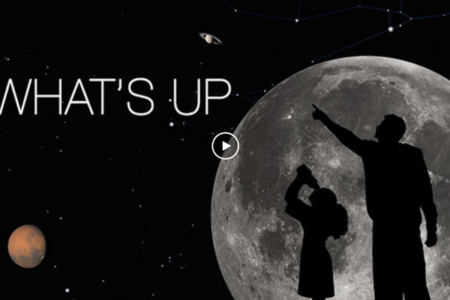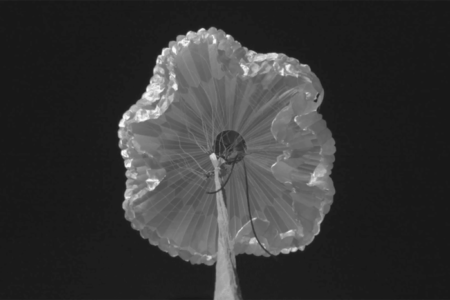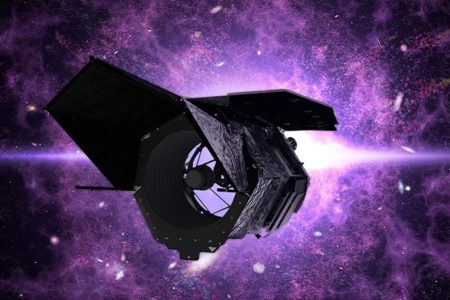
Michael Alvarez Credit: Caltech
During the last Presidential debate, Donald Trump repeatedly made claims about mail-in voting being a flawed system, and even went as far as to say he had “seen mail-in ballots get dumped in rivers and creeks.”
All of this was hearsay, of course, but those statements are now making voters think seriously about the legitimacy of these voting methods, and whether America can actually have a safe and secure election in the midst of COVID-19 restrictions.
To clear the air, Professor Michael Alvarez, Co-Director of the Caltech/MIT Voting Technology Project in Pasadena, and Caltech’s Professor of Political and Computational Social Science at the Division of the Humanities and Social Sciences, is hosting a lecture on Wednesday, October 7, to discuss how science can identify election-related issues and create transparent monitoring.
The lecture is part of The Earnest C. Watson Lecture Series, which since 1922 has brought Caltech’s most innovative scientific research to the public. Named for Earnest C. Watson, a professor of physics at Caltech from 1919 until 1959, the Watson Lectures are geared toward a general audience, as part of Caltech’s ongoing commitment to benefiting the local community through education and outreach.
Alvarez and his research team use data science methods and tools to help improve the security of important election infrastructure and provide transparent and rapid monitoring and auditing of the integrity of elections. The team said that in states and counties that use such methods, voters can be more confident in the integrity of reported election results.
During the lecture, Alvarez will share how scientific detection of election problems helps election officials improve their procedures and technologies, giving voters the information they will need to bolster their confidence in the integrity of this and future elections.
Alvarez has a BA from Carleton College and a MA from Duke University. He completed his PhD at Duke in 1992.
His research focuses on public opinion and voting behavior, election technology and administration, electoral politics, political campaigns, and statistical and computational modeling. He has long been interested in empirically testing formal models of elections and voting behavior. For example, he studied the 2003 California gubernatorial recall election with Caltech’s Rod Kiewiet to test basic assumptions behind rational-choice models of decision making.
Since 2000, most of his work has related to the Caltech/MIT Voting Technology Project, studying current voting technologies and election administration and procedures as well as developing ways to improve the current system. Alvarez and his colleagues are pioneering new theories and methods for studying election administration and procedures, both in the United States and abroad.
Alvarez’s recent research has looked at the way applications like “voter advice applications” might influence how informed voters are and whether they turn out to vote. In other recent studies conducted with USC’s J. Andrew Sinclair, Alvarez has examined the new “top-two” primary in California and evaluated the efficacy of open primary procedures.
Alvarez is a fellow of the Society for Political Methodology and was recognized by Scientific American magazine for outstanding acts of leadership in science and technology as a policy leader in the computing category in 2004. He received the Emerging Scholar Award in the Elections, Public Opinion, and Voting Behavior Section of the American Political Science Association in 2001. He also received the Caltech Graduate Student Council Mentoring Award for 2006–2007.
The lecture on Wednesday begins at 5 p.m. and is free and open to the public, but registration is required.
To register, go to www.caltech.edu/campus-life-








